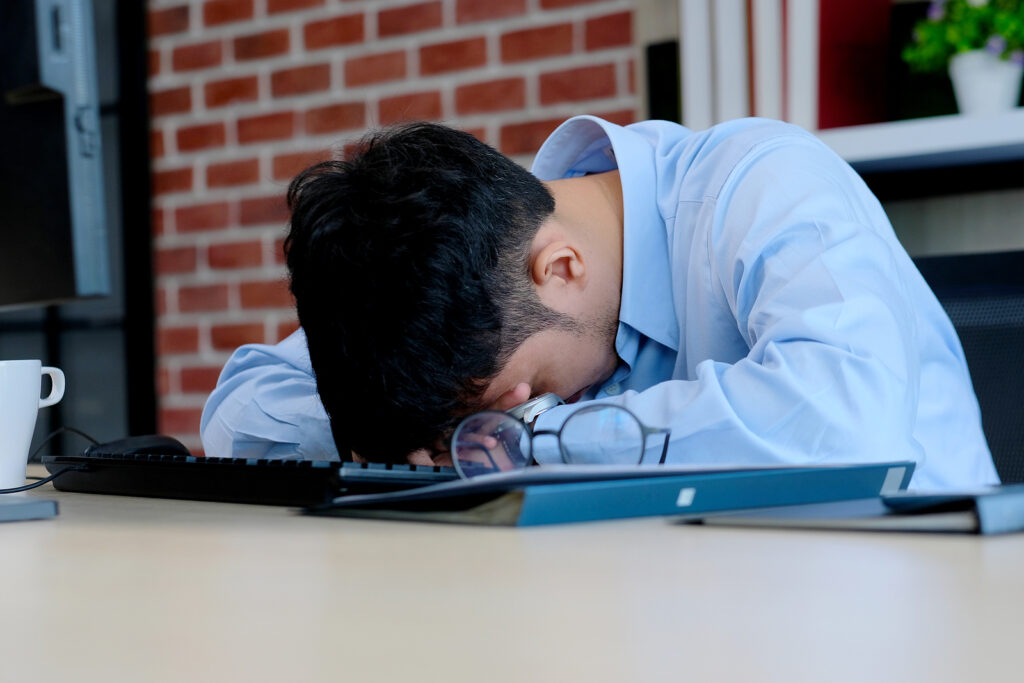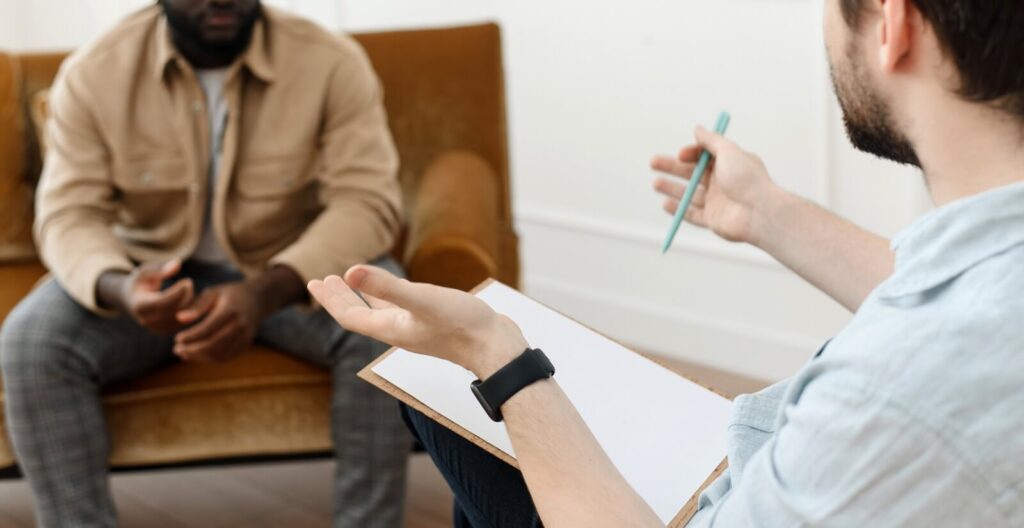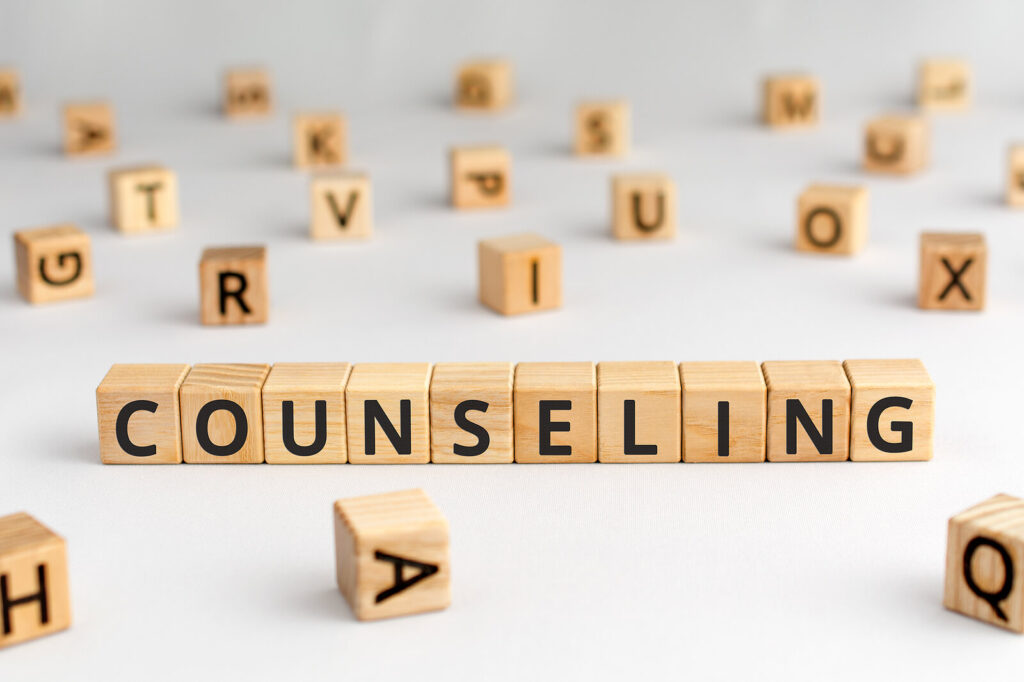“It’s not the appearance that makes a man, it’s the man that makes an appearance.”
— Anthony Liccione
You can not go back and change the beginning you can start where you are and change the ending.
— C S Lewis
If you want to fly, you have to give up the things that weigh you down.
— Unknown
 Pink is for girls, and blue is for boys. It is what they say when children are born. Pink is the color of happiness, and blue is often the color of “the blues” and sadness. I wonder if we tell girls to be happy and boys to be sad initially. We (society) expect girls to be sappy and emotional and boys to be tough and unemotional. As adults, society continues to encourage this, with women allowed to discuss feelings and emotions and men told to tough it out and not to cry, and then they are chastised for not being sensitive enough. However, I would propose that both sexes are humans and have emotions that must be expressed, heard, and seen for their mental health.
Pink is for girls, and blue is for boys. It is what they say when children are born. Pink is the color of happiness, and blue is often the color of “the blues” and sadness. I wonder if we tell girls to be happy and boys to be sad initially. We (society) expect girls to be sappy and emotional and boys to be tough and unemotional. As adults, society continues to encourage this, with women allowed to discuss feelings and emotions and men told to tough it out and not to cry, and then they are chastised for not being sensitive enough. However, I would propose that both sexes are humans and have emotions that must be expressed, heard, and seen for their mental health.
Yet men and women express their emotions very differently.
As a result, they often fail to recognize in each other the signs and symptoms of depression, anxiety, trauma, or other mental health problems. A big difference between men and women when it comes to mental health is how often or even if they will seek treatment. One of the reasons may have to do with some myths about mental health and men. Below are 5 that may affect why men are more reluctant to seek treatment for depression or mental health problems.
Stigma inhibits a lot of men from seeking help for depression.
The stigma is usually associated with being seen as weak and unmanly. These are, of course, completely erroneous, and as long as they continue to prevail, they will continue to hinder men from seeking treatment. It is imperative to correct or erase the stigma of seeking treatment.
Myth #1: Depression is a sign of personal weakness.
We do not consider someone who becomes physically sick with cancer or diabetes and even a heart condition as a sign of personal weakness. Yet we lump mental health concerns, depression, anxiety, and trauma as signs of personal weaknesses. Being depressed or witnessing or being a part of some traumatic event is not a choice either, nor is it a weakness. Just as with a medical problem, the only way to deal with it and finish treatment of mental health problems is to acknowledge the problem, and then doing something about it is the only way to make it better.
Myth #2: Men shouldn’t need to ask for help.
It may be hard to ask for help, especially if you have been told all your life that, as a man, you need to do it yourself and take care of others. Admitting that you may need help can seem like a monumental task, not to mention taking the next step of asking for help. Speaking to a therapist can be the equivalent of speaking to your doctor about a specific medical condition.
Myth #3: Men should be able to control their feelings.
Maybe this should be that men are not supposed to have any feelings and control all of them. Once again, depression, anxiety, and trauma are not just feelings that can be turned on and off. It is not a choice or willpower that is lacking when someone experiences depression or anxiety, and continuing to support this thinking is not helpful.
Myth #4: You can’t make depression go away by talking about it.
 Depression and anxiety are not going to go away on their own, either. But, talking about these things can actually make them better and lessen the effects. Having somewhere safe to talk about things you may not talk to anyone else about can be helpful. Knowing that whatever is said in the session can bring about change, as there is no fear of judgment or retribution for talking about things that no one wants to hear. Sometimes, medication is needed to help fully alleviate problems it is also true these problems go away faster when talk therapy and medication are combined.
Depression and anxiety are not going to go away on their own, either. But, talking about these things can actually make them better and lessen the effects. Having somewhere safe to talk about things you may not talk to anyone else about can be helpful. Knowing that whatever is said in the session can bring about change, as there is no fear of judgment or retribution for talking about things that no one wants to hear. Sometimes, medication is needed to help fully alleviate problems it is also true these problems go away faster when talk therapy and medication are combined.
Myth #5: Admitting to depression creates a burden on loved ones.
The people who care about you want you to be happy and healthy and it is never a burden to help you achieve these feelings and states. You also would not see it as a burden to help someone you care about to feel better. In truth, it is not seeking help needed for a problem that puts a burden on the people you care about.
This is an incomplete list of the myths for not seeking treatment, so what are some of the more common symptoms of depression, anxiety, and/or trauma in men? Again, men express emotions differently; however, below is a list of some more common symptoms.
- Anger, irritability, or aggressiveness
- Noticeable changes in mood, energy level, or appetite
- Difficulty sleeping or sleeping too much
- Difficulty concentrating, feeling restless, or on edge
- Increased worry or feeling stressed
- Misuse of alcohol, drugs, or both
- Persistent sadness or feelings of hopelessness
- Feeling flat or having trouble feeling positive emotions
- Engaging in high-risk activities
- Aches, headaches, or digestive problems without a clear cause
- Obsessive thinking or compulsive behavior
- Thoughts or behaviors that interfere with work, family, or social life
- Unusual thinking or behaviors that concern other people
- Thoughts of death or suicide or suicide attempt
Seeking Support
This list of symptoms is very similar to common symptoms of depression or anxiety and other mental health problems for most adults male or female. Men however vary often express emotions such as anger and irritability. This could be a result of another myth that men are only allowed to express anger and if they express sadness or something else they would be seen as weak. This of course is not true however the stigma is pretty strong. Finally, something to consider is that men are often more successful at suicide than women.
Men usually will choose a more violent method of suicide such as a gun or hanging. Changes in behavior can help identify the threat of suicidal behavior. Talking or asking if they are considering suicide does not increase the likelihood of someone acting on it. It can actually lower the risk as it will indicate that you are concerned. For more information about suicide and prevention please contact the 988 hotline.
Asking for help can be difficult however failure to ask for help can be even more difficult.
 Finding the right person and therapist to help with problems can make the process of asking for help much easier. So ask questions and find the person that fits with your style. Online therapy may help ease things as you it can be done from the privacy of your house office and you do not need to go anywhere. You may find that you want to see someone in person after meeting a few times online so finding the right mix of flexibility for you is important.
Finding the right person and therapist to help with problems can make the process of asking for help much easier. So ask questions and find the person that fits with your style. Online therapy may help ease things as you it can be done from the privacy of your house office and you do not need to go anywhere. You may find that you want to see someone in person after meeting a few times online so finding the right mix of flexibility for you is important.
Start Working With A Therapist for Men in Powhatan, VA
If you would like to discuss further the ways I may be able to help with depression anxiety or trauma please contact me to schedule a free consultation. I understand that men experience unique challenges in addressing their mental health, and would be happy to provide support from my Powhatan-based practice. You can start your therapy journey by following these simple steps:
- Schedule a free consultation
- Get to know more about me or visit the FAQ
- Start receiving the support you deserve!
Other Services Offered with Gray Horse Counseling
As a therapist, I know and understand men may experience concerns with more than one mental health issue. This is why I’m excited to offer other services including individual therapy, anxiety therapy, group therapy, clinical supervision, life transition therapy, EMDR, and depression therapy. I’m also happy to offer trauma therapy, equine sports therapy, and coaching as well. Learn more by visiting my FAQ today!

